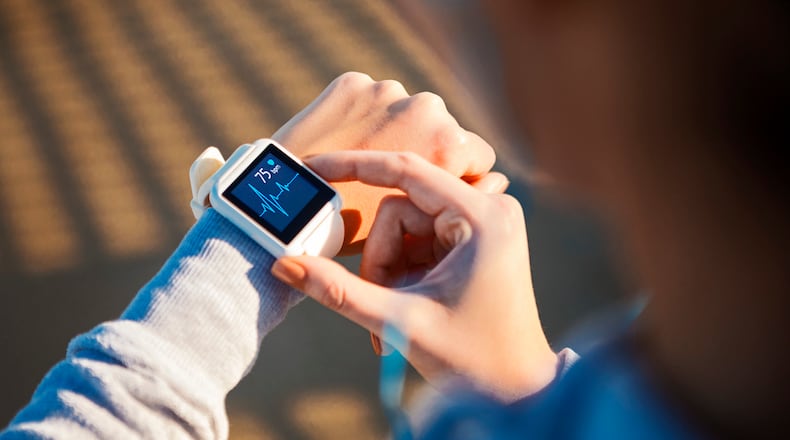Things to consider:
Diet: What we eat and drink can affect heart rate. Caffeine for example elevates both blood pressure and increases beats per minute. Changes in eating patterns such as cutting calories drastically or adjusting types of foods too quickly can also affect heart rate. A diet high in salt can negatively affect blood vessels, forcing the heart to work harder. It is always best to eat a healthy diet as a regular part of each day to promote overall wellness.
Prescription and over the counter medicines can influence heart rate, as can other drugs. Some medicines are designed to control abnormal heartbeats, while others can have side effects that can cause changes in normal heart rhythm. Beta-blockers, diuretics, antidepressants, cold remedies, asthma, and thyroid medications are a few examples of medicines that can increase or decrease beats per minute. If changes in heart rate or rhythm follow the start of taking medication, check with your doctor.
Stress and emotions play a large role in heart rhythm. Experiencing fear, frustration, anxiety and anger cause heart rate to increase while feelings such as sadness, hopelessness, loneliness and depression decrease heart rate. Positive emotions such as happiness, love and compassion result in smooth, healthy heart rhythms. Conversely, ongoing negative emotions increase stress hormone levels such as cortisol, cause blood vessels to constrict, blood pressure to rise and the immune system to weaken. There are many proven strategies to cope with chronic stress, including meditation, biofeedback and making time for pleasurable activities.
Climate: If exercising in heat and humidity, heart rate increases as the body sweats in an attempt to keep you cool. Humidity reduces the effectiveness of sweating, resulting in an increase in body temperature, and in turn, an increase in heart rate, which can commonly be 5-10 beats above normal ranges. The heart is also affected by cold, wind and air quality. If exposed to cold temperatures and heat is lost, heart rate decreases. Wind, depending on the temperature, can either lower or elevate heart rate.
Dehydration: The heart must work harder when we do not consume enough fluids. Without adequate fluid intake blood thickens, and it is harder to maintain proper body temperature. People often think of dehydration as a condition that happens primarily as a result of exercising in hot weather, but it just as easily happens in cold temperatures and to non-active people, so take in adequate fluids year-round. If you notice that your heart rate increases despite no changes in exercise intensity, increase your fluid intake.
These are just a few of the factors that are connected to heart rate. Other factors include genetics, disease, age and lack of sleep.
Marjie Gilliam is an International Sports Sciences Master certified personal trainer and fitness consultant. She owns Custom Fitness Personal Training Services LLC. Send email to marjie@ohtrainer.com.
About the Author

